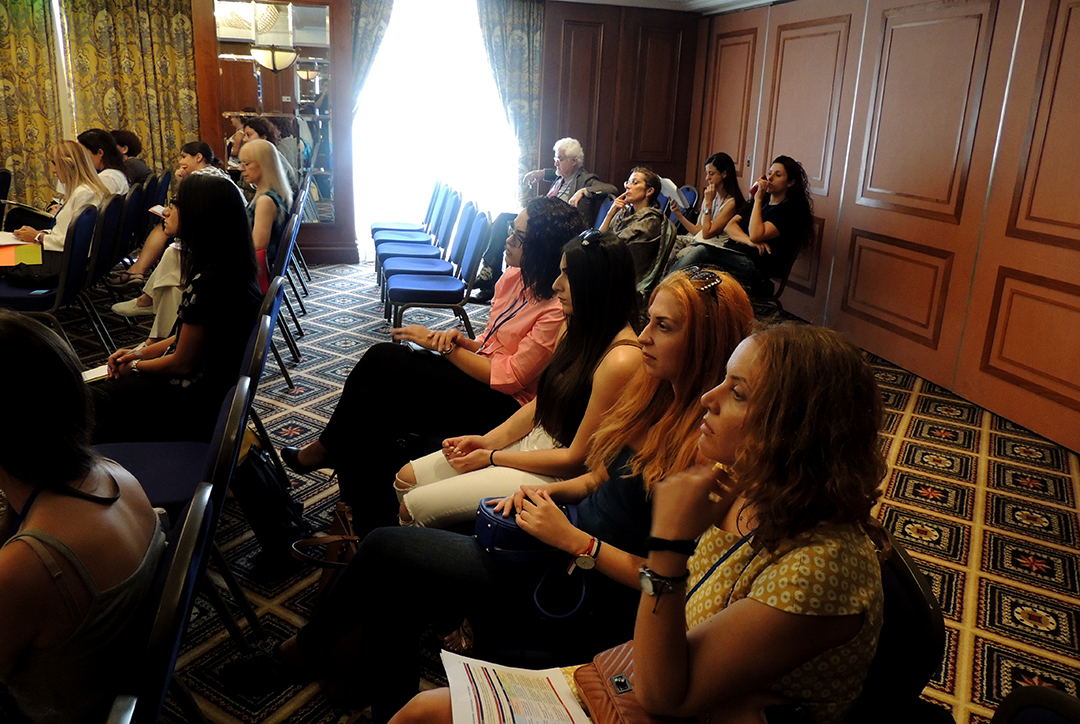Innovating in teaching adult learners? Working on the foreign language learners’ emotional journey
Although they are a non-negligible part of the learning public, few studies have been devoted to the study of adults learning a foreign language by choice and not by obligation (Norton 2000). It is therefore important to fill this caveat, and to understand better their needs in order to adapt our teaching strategies. This presentation focuses on the role of emotions and emotional literacy in such a pedagogical context (Norton 2013) and how understanding the affects during learning experience can help our teaching strategies. The main questions investigated will be the following: 1. What can we learn when working on the emotional dimension at different moments of an adult learner? 2. How can the analysis of affect in this case contribute to different choice in teaching strategies? Our data consist in written and spoken biographies collected over a year before and after activities proposed in language learning. More precisely they are written reflective texts of 8 participants which were analyzed from a quantitative and qualitative point of view. We then conducted individual interviews focused on the question which arose from the written biographies. Our analysis is anchored in the concept of ‘engagement’ as proposed by Coffey (2010, 2015) for adult language learning and teaching. Some of the results show that identified striking differences in some reflective texts and interviews can be explained partially from social contexts. These social aspects can be known before the start of the learning process and therefore help from the start of the learning process. More generally two other conclusions were drawn: most learners find collaborative learning a safe context which favors learning and education; the teacher plays a significant role in the learners’ responsiveness whatever their age.
Our research had a concrete impact in the classroom practices: different methodologies and exercises were proposed according to the participants’ relationship with learning and according to their relationship with the teacher (Langellier 2001) as described both in their written and spoken biographies.
